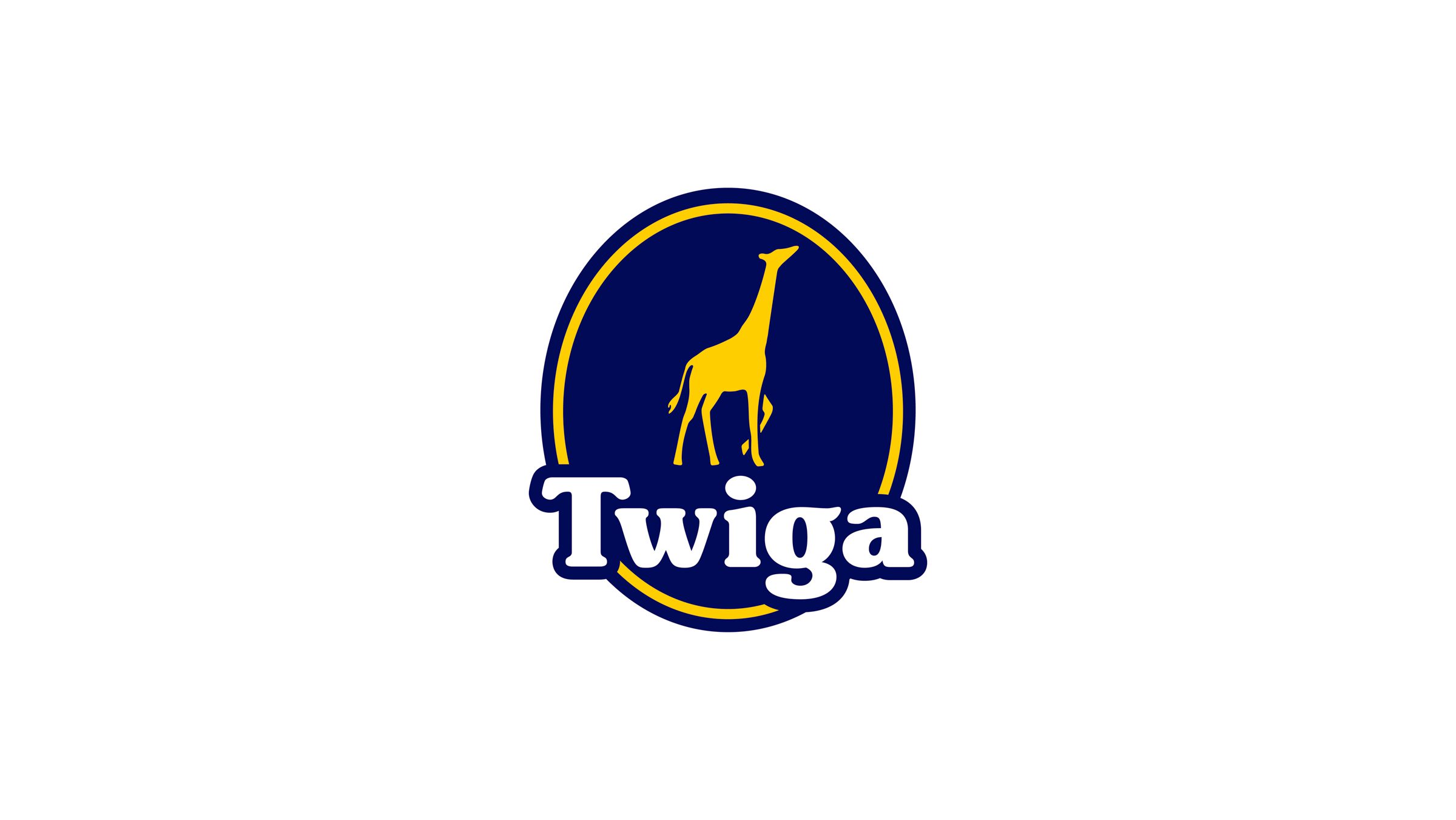Business to Business (B2B) e-commerce food distribution company; Twiga has now laid of a total of 211 of its employees working full time. The move was made as a result of restructuring within the company. It also led to its in-house sales department has removed altogether.

With the decision Twiga has now lost 21 percent of its workforce of 1,000 employees with a significant amount of those employees being based in Kenya where the startup establishes connections between agricultural producers or farmers with fast paced consumer goods, manufacturers to retailers.
The co Founder and Chief Executive Officer (CEO) of Twiga; Peter Njonjo made it known that all laid off Trade Development Representatives (TDRs) were provided with the alternative of working at the startup as independent agents with their compensation based on the customer(s) they bring and the sales made by them.
Read Also: Kilimani Is Now Among The 50 Best Estates In The World
The Trade Development Representatives (TDRs) were tasked with customer relations, signing up new vendors, the promotion of new products to customers, and carrying out market intelligence.
Read Also: Unlicensed Loan Apps In Kenya Are Now Banned By Google
With the new arrangement proposed by Twiga independent agents will now be obligated to carry out the same tasks.
Reports also revealed that the e-commerce food distribution company has also cut down on the staff travel allowances in a bid to further reduce costs.
Read Also: Sendy Carries Second Wave Of Redundancies
Twiga made it known that, “Twiga recently launched a new optimized sales agents’ program … where current trade development representatives will transition from permanent employees into independent agents on a 100% commission basis.”
It added that the move to transition of the Trade Development Representatives (TDRs) was done in accordance with the existing labor laws. The company stated that all employees who were affected, have the first right of refusal with regard to switching into the company’s new model.

According to Twiga, it is looking set up not less than 1,000 opportunities via the new agent model by the end of the first quarter of 2023.
In its words, “This transition creates an opportunity for entrepreneurship open to former sales agents and the general public. The benefit of this transition is that it allows for higher earnings based on the effort and enterprise of the agent. This model has worked with other businesses like insurance and banking that have transitioned fully into Independent Agents in Kenya.”
Read Also: How To Transfer Data Bundles From One Airtel Number To Another
Twiga which was co founded in 2014 by Njonjo and Grant Brooke has now joined the ranks of the startups and in Africa that have experienced drops in Venture Capitalist (VC) funding which has had a negative effect on their overall ability to secure capital for growth, for day to day operations. This has in turn affected their growth and also resulted in them having to downsize significantly.
Read Also: Paystack Seals Payment Service Provider License In Kenya
The decisions are coming one (1) year after the company; Twiga, successfully secured a total of 50 million United States Dollars (USD) (which is around 6.3 billion Kenyan Shillings) during its Series C round of funding that was aimed at helping the company scale up operations in Kenya and also enter into markets in other countries.
The Series C round of funding was spearheaded by Creadev; an evergreen investment company with offices all over the worldwide that offers support to companies making it possible for said companies to scale up and become global brands in their own rights.
Read Also: Average Of 1.6 Billion Kenyan Shillings Is Borrowed Daily By Kenyans From Fuliza
African growth investor; Juven, DOB Equity, IFC Ventures and TLcom Capital were also part of Twiga’s Series C round of funding.
Read Also: How To Pay An M-Shwari Loan For Another Safaricom Number
The company had recently launched Twiga Fresh through which it could farm and distribute its own agricultural produce to traders directly and also help tackle the volatility in price, stock outs, as well as other challenges that would have otherwise made it difficult for it to deliver on its promise to ensure food security and affordability.
How informative was this particular article? Are there any other news topics, categories, or How To topics, that you would like us to write on? Feel free to reach out to Nexbit KE in the comment section.


